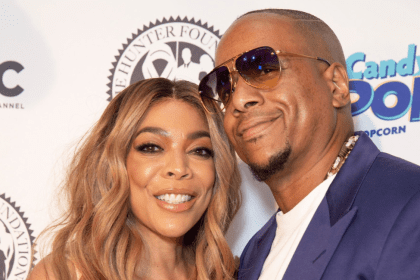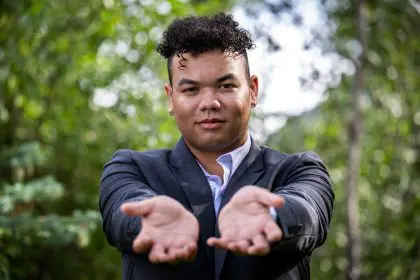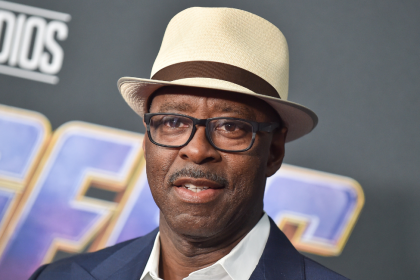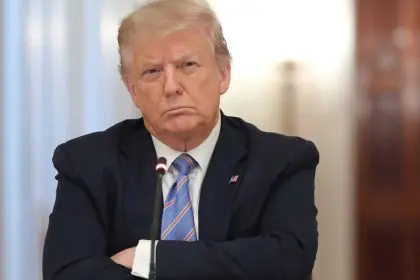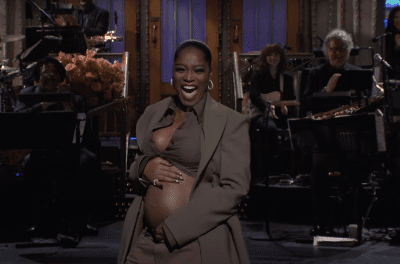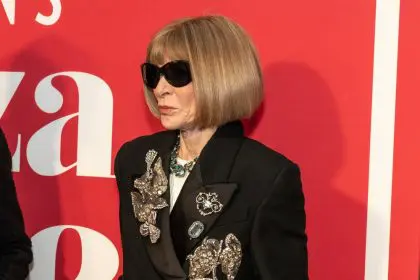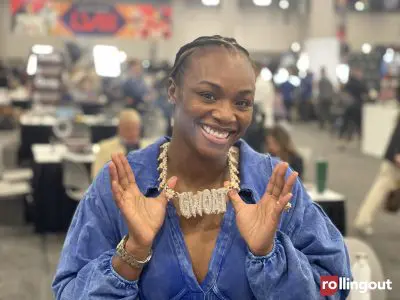
Intelligent, and debonair, Young was the face that white businessmen welcomed at the bargaining table. Young spoke the language of money, and he understood the politics of negotiation. Young was the powerbroker in the closed-door meetings with whites and the peacemaker in the closed-door meetings with blacks. “He was a social worker,” explains Boswell. “He was trained to do that.”
At the height of the Black Power Movement, Young understood that real power wasn’t black at all, it was green.

Real power didn’t exist in chants and guns, it was in justice and jobs. Real power was rebuilding a generation of lost, disenfranchised Blacks that had become bitter and hopeless in an America that had all but abandoned them. When Young shared his view–that hollering ‘Black Power,’ wouldn’t yield results, he was called an Uncle Tom to his face.

